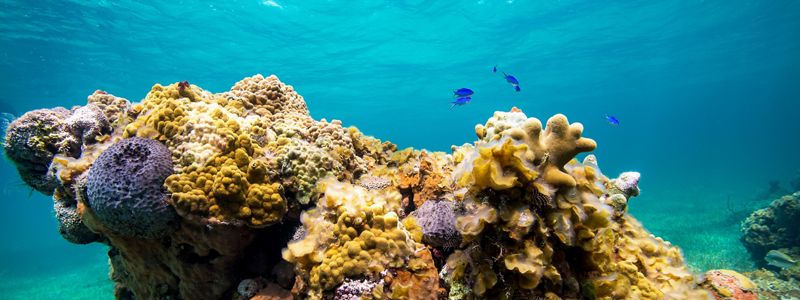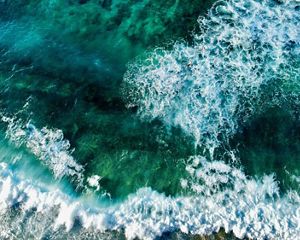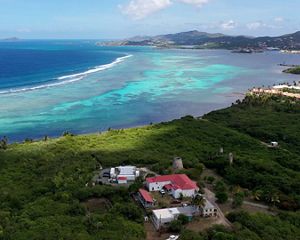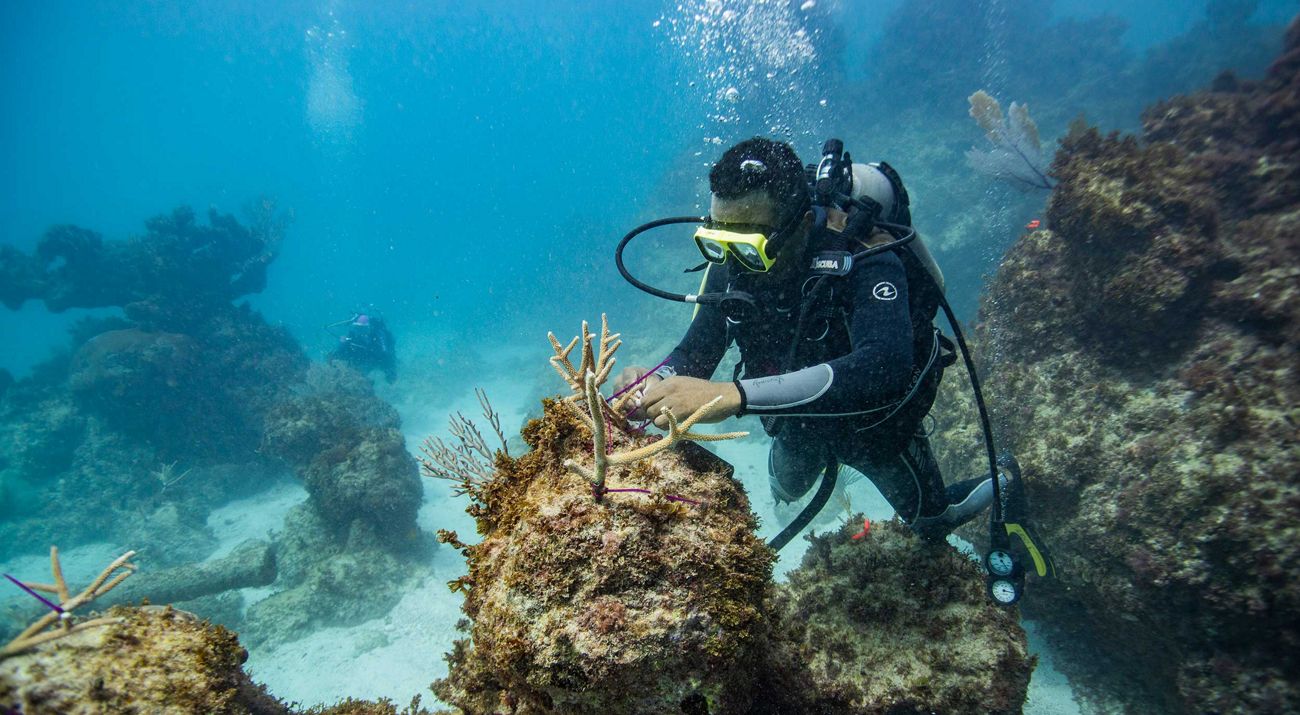
The CoralCarib project, launched in April 2023, is well underway. CoralCarib is dedicated to conserving and restoring coral reefs in four Caribbean countries: Cuba, Jamaica, Haiti and the Dominican Republic. Over the last six months, we have implemented several CoralCarib workshops and training activities aimed at equipping our partners with the skills and knowledge to determine the best sites for intervention to preserve coral.
CoralCarib is a new strategic approach for conserving and restoring Caribbean coral reef ecosystems that targets Climate Resilient Refuges. These sites are coral reef habitats that are predicted to be more resilient to climate change and have a high capacity to restore other nearby coral reefs. In our most recent monitoring workshop, held at the Discovery Bay Marine Lab in Jamaica last October, the CoralCarib team delved into coral monitoring methods, highlighting the significance of using these methods to complement benthic surveys. We selected three monitoring methods for identifying ecological conditions of corals to enhance our understanding of coral health and vitality: structure from motion (SfM), photographic quadrat sampling and drone monitoring. The TNC science team led the workshop, in which 33 persons participated.
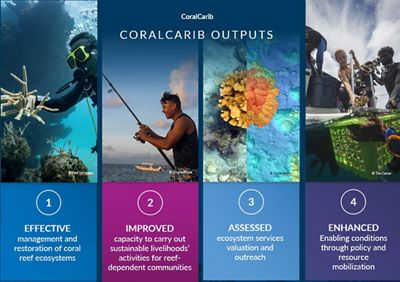
The four output goals for the coral carib project.
The Jamaica CoralCarib team visited the East Portland refugia site, where they explored the nursery setup and engaged in a collaborative session with the Coral Restoration Foundation, the largest reef restoration organization in the world. The Haiti team confirmed the Baraderes-Cayemite marine protected area in the southwest of the country as the outplanting location for the refugia site. In December, the team, alongside the Haiti Ocean Project, recorded depth, documented coral species and took photographs of areas with potential for outplanting. Additionally, our local implementing partner, the Initiative for Environment and Integrated Development in Haiti (IEDIH), convened a meeting of government partners and local stakeholders to assess the main threats to the marine and coastal biodiversity within the Baraderes-Cayemite climate refuge. The Haiti team has conducted multiple learning exchanges and is building community awareness to ready local communities for involvement in the project.
The Dominican Republic team is monitoring nurseries using 3D models to assess the impact of bleaching and collected baseline data on microfragments of coral and their growth rates.
A vital part of the Restoration Action Plan involves a comprehensive work planning session which took place from January 24-26 in Miami. Session objectives included thoroughly reviewing progress during the first year of CoralCarib, sharing insights on major activities and challenges, strengthening workplans for year two, aligning common strategies across multiple refugia sites, and fostering teamwork and collaboration across all four countries. The project is funded by the Federal Ministry for the Environment, Nature Conservation, Nuclear Safety and Consumer Protection of Germany, under the International Climate Initiative (IKI).
Coral Carib Events

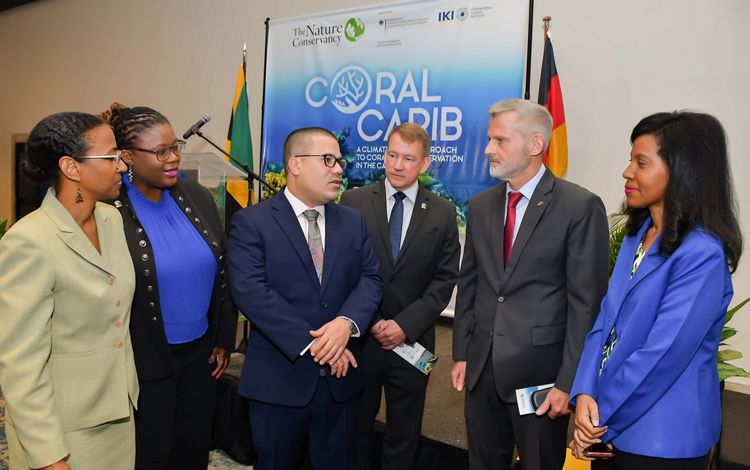



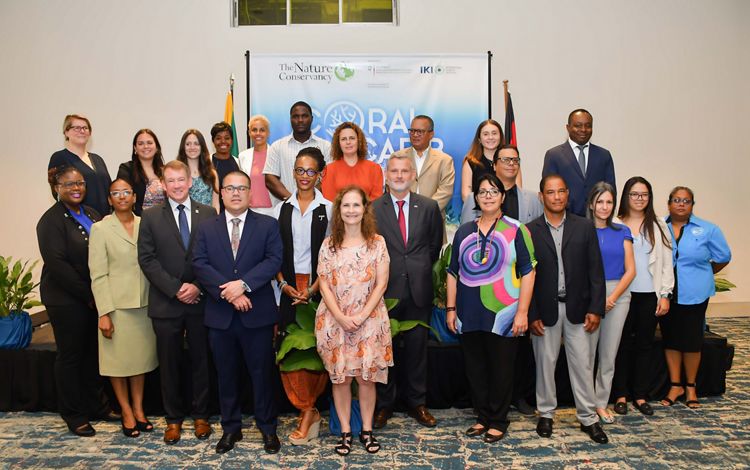
We Can’t Save Nature Without You
Sign up to receive monthly conservation news and updates from the Caribbean.
